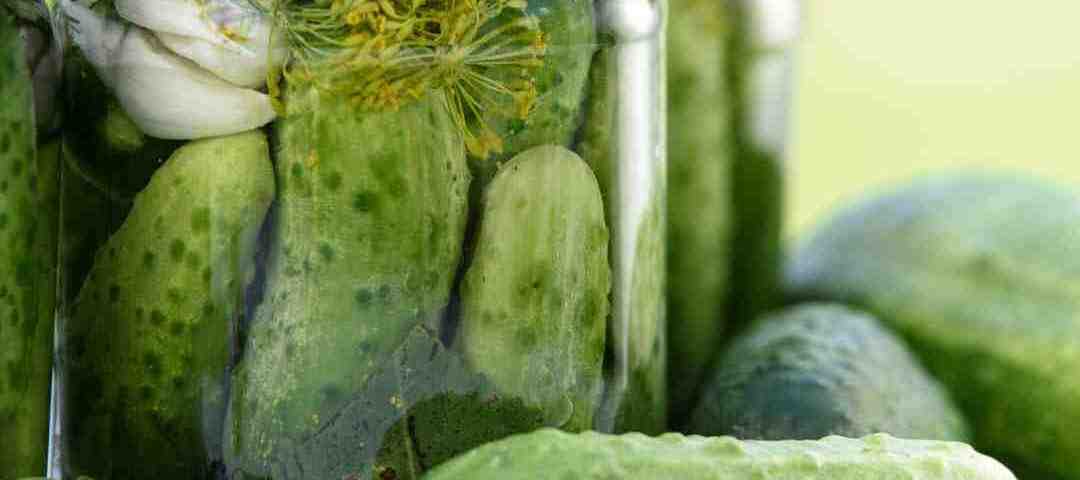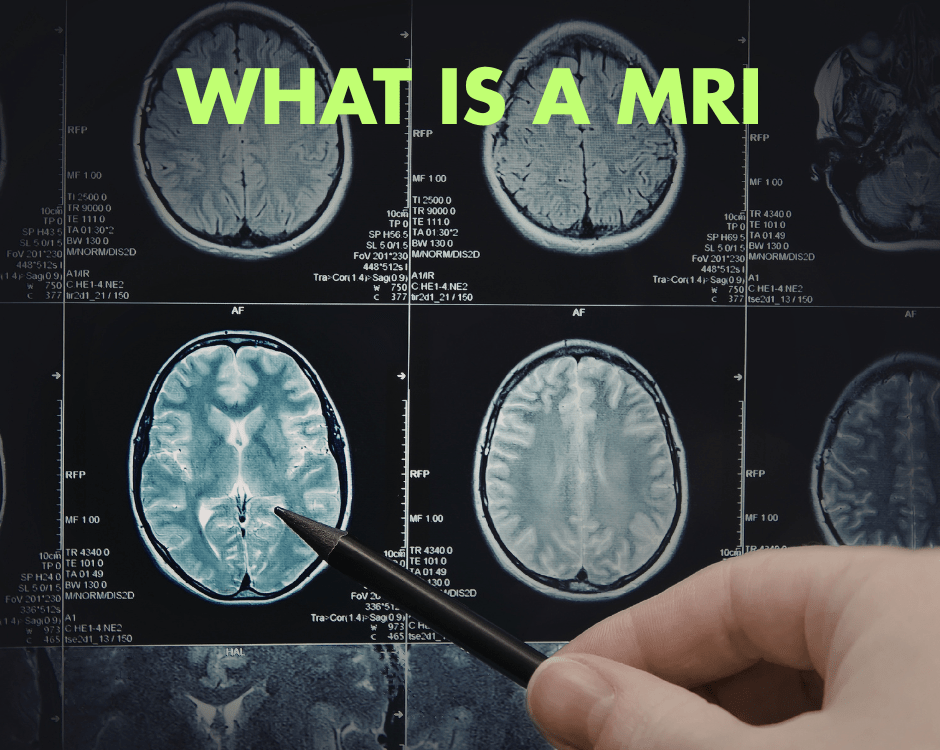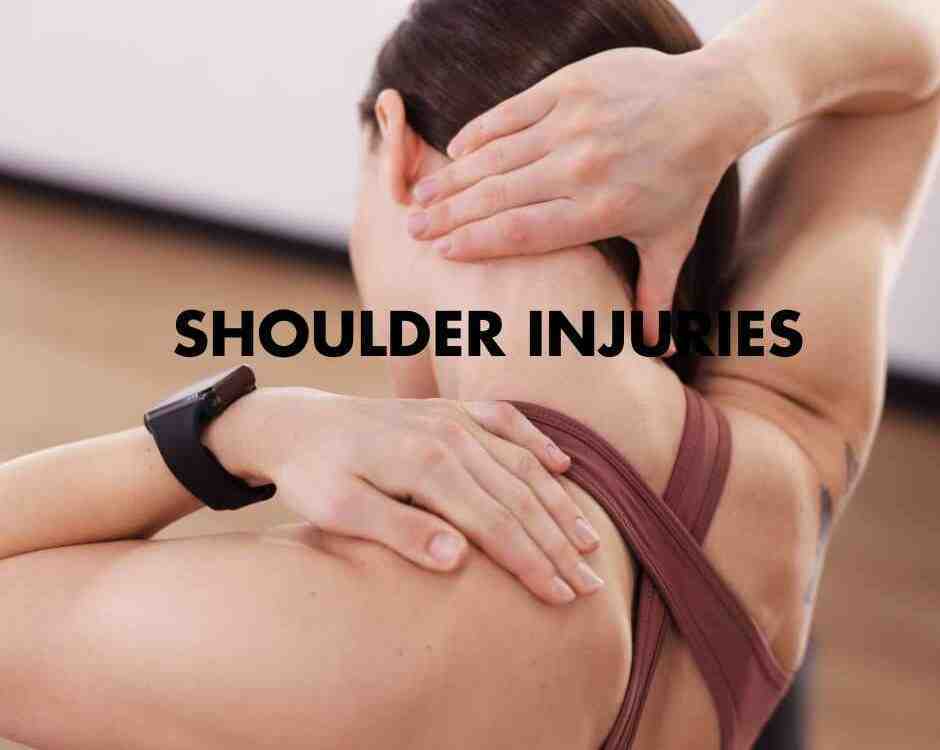Pickle Juice for Muscle Cramps? Yes!

Most Common Elbow Injuries After a Motor Vehicle Accident
November 11, 2024
Low Speed Motor Vehicle Safety in Florida
November 11, 2024- Accident doctor
- accupuncture
- airplane headache
- alzheimer's
- best habits
- Brain Injuries
- car accident
- car accidents
- cervical strain
- colds
- concussion
- Concussions
- disc bulge
- dosage meds
- dry needling
- dull pain
- E bike injuries
- florida
- good posture
- headaches
- Headrest positions
- Headrest positions after an accident
- Healthy choices
- Healthy flying
- healthy gift guide
- Healthy SPring Ideas
- hip pain
- hyperextension
- injury doctor
- insurance
- Kayaking
- kentucky
- kids motion sickness
- lifestyle
- motion sickness
- neck injury
- no fault insurance doctor
- noise healing
- osteoporosis
- pain symptoms
- pink noise
- posterior chain
- posture
- prevent osteoporosis
- Rest
- Scoliosis
- shoulder pain
- Stress with kids after a motor vehicle accident
- TBI
- tips
- tmj
- torn muscle
- Traumatic Brain Injury
- trigger points
- VitaminD
- What are Post Traumatic headaches?
Pickle Juice for Muscle Cramps?
If you have ever experienced a muscle cramp, you know how painful it can be. Muscle cramps, especially those that occur during or after exercise, are an issue for many athletes and active individuals. I am Dr. Aaron Workman, a patient favorite at one of the highest rated car accident medical car establishments in Lexington. My oldest son runs cross-country for his school, and he has unfortunately experienced these types of cramps, has also inquired about pickle juice (PJ) and whether it works. Let us go over this remedy, how it works, how much relief it can provide and any science that may back it up.
I have to say, I had no idea how PJ would affect the body to stop a muscle spasm. My first thought was the taste being so bad you forgot about everything else going on in that moment. I was surprised to find the exact reason is not known but it seems to work.
Reflex Theory
There is one theory that suggests the strong taste and acidity of PJ may stimulate a reflex in the back of the throat, telling the nervous system to turn off the cramping sensation. From the Journal, Medicine and Science in Sports and Exercise, May 2010, “We suspect that the rapid inhibition of the electrically induced cramps reflects a neurally mediated reflex that originates in the oropharyngeal region and acts to inhibit the firing of alpha motor neurons of the cramping muscle.” This response happens almost immediately, providing rapid relief that is faster than traditional hydration or electrolyte replenishment. PJ relieved muscle cramps about 37% faster than drinking water.
A study titled, “Pickle Juice Decreases Muscle Cramp Severity in Patients with Cirrhosis,” from the Journal of General Internal Medicine in 2023, also gave positive results. There were only 38 participants, but they had tried various methods and medications for reduction of muscle cramps. It was decided, “Pickle juice was associated with a significant reduction in cramp severity.” On the contrary, The Journal of Applied Sciences in 2021 contained a study that concluded that muscle cramp severity and duration was not affected by PJ any more than regular water.
Sodium Theory
The sodium content in PJ may also play a role. It is high in sodium, which is an essential electrolyte that helps maintain fluid balance and supports muscle and nerve function. When you exercise and sweat, your body loses sodium, which can lead to an electrolyte imbalance and increase the risk of cramps. While PJ does not contain all the electrolytes that a sports drink would, the sodium content can still be beneficial for those who have lost a lot of salt through sweating. This is not the cure for being dehydrated though, due to its lacking more electrolytes.
Relief Time
One of the most notable benefits seems to be its immediate effect. BE AWARE that the volume required is significantly less than a sports drink. Some report that drinking a shot size (1-2oz), provides quick relief. If you tend to cramp a lot the best thing to do is give it a test. This is not something you want to drink in a large amount due to the high sodium, but it may be an effective remedy for you.
While more research is needed, PJ appears to be a useful solution for muscle cramps, especially if you need fast relief. The combination of neural stimulation and sodium content seems to make it effective. If you experience frequent cramps, it may be worth giving PJ a try. The next time I wake up in the middle of the night with a leg cramp I may forgo stretching and hobble to the kitchen for pickle juice in the name of science.
— This article is written by Aaron Workman, DC, one of the members of Chambers Medical Group’s team of car accident chiropractors who offer a variety of treatments and therapies ranging from diagnostic testing to various soft tissue therapies for car accidents and injuries in Kentucky.
- Car Accident Medical Clinic in Tampa
- Car Accident Medical Clinic in Plant City
- Car Accident Medical Clinic in Brandon
- Car Accident Medical Clinic in Lakeland
- Car Accident Medical Clinic in Sarasota
- Car Accident Medical Clinic in Louisville
- Car Accident Medical Clinic in Lexington
- Car Accident Medical Clinic in Florence




